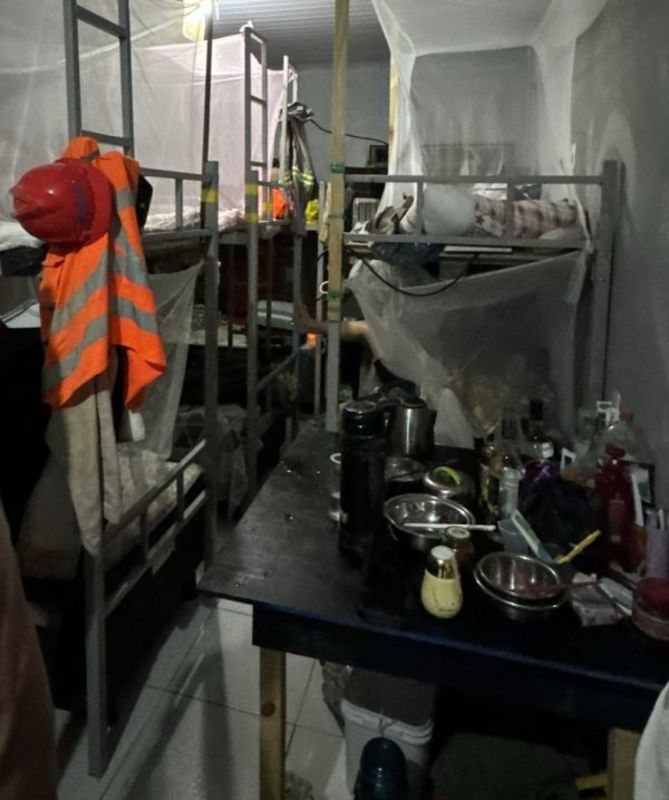BYD Faces Legal Drama in Brazil

Today’s spotlight is on the Chinese auto heavyweight, BYD, caught in a legal whirlwind in Brazil. They’re facing some pretty hefty accusations in a lawsuit filed by Brazilian authorities over undesirable work practices at a construction site. The lawsuit claims workers were treated in conditions likened to modern slavery and involved in international human trafficking. Talk about a PR nightmare! The lawsuit seeks a staggering 257 million reais, roughly $50 million in good ol’ U.S. dollars, in damages for the workers deemed to have been affected.
Grim Work and Living Conditions

The lawsuit isn’t just out of the blue. It follows an investigation that kicked off late last year when Brazilian authorities stopped construction at BYD’s new factory site in Camaçari, Bahia. They found some appalling work conditions. A total of 220 Chinese workers were reportedly found living in less-than-ideal quarters. We’re talking crowded dorms with beds minus the mattresses and a mind-boggling one bathroom for every 31 workers. It’s reported that folks had to rise and shine at 4 a.m. to get ready for their 5:30 a.m. work shift.
The conditions were so bad that the labour prosecutor’s office flagged “an alarming picture of precariousness and degradation.” Hygiene was next to non-existent, with insufficient bathrooms that weren’t segregated by gender and lacking proper toilet seats. Workers reportedly ended up washing their clothes in these inadequate bathroom setups.
The lawsuit goes further to mention that due to these tough living conditions, workers faced higher risks of accidents since there was little regard for occupational health and safety standards onsite. Reports even list workplace accidents from exhaustion, insufficient rest, and inadequate response to injuries. There were claims of workers arriving on improper visas, finding up to 70% of their wages docked, and dealing with hefty penalties to break contracts. Plus, there are allegations that workers’ passports were withheld upon arrival.
BYD’s Response
According to Brazilian law, any work setting that abuses human dignity falls under “slavery-like conditions.” Responding to these mounting issues, BYD expressed willingness to cooperate with Brazilian authorities. The firm argues adherence to Brazilian and global labor standards, although the company has decried these incidents as efforts to tarnish its reputation.
Meanwhile, the pending opening of the BYD plant in Bahia has been a point of contention. Economist Paulo Feldmann noted in a Deutsche Welle article that using non-local labor denies local communities economic benefits, professional growth, and improved working conditions monitoring.
Beyond the auto industry, China’s labor practices, like the 996 work culture—working 72 hours a week—is also under global scrutiny. Companies accused of such practices include tech giants like Alibaba and ByteDance, making it clear that labor rights issues are across the board in various sectors.
Final Thoughts
The situation at BYD in Brazil highlights a troubling trend and has potential implications not only for the auto industry but for international labor standards. Witnessing a company as large as BYD embroiled in such allegations should prompt introspection on how global firms manage labor rights. The resolution of this case could set a significant precedent for how multinational companies operate in emerging markets.
Chevy's China Struggle
Battery Swap for Oshan
EV Battery Breakthrough
GM's $900M V8 Bet
Hellcat Redeye Roars